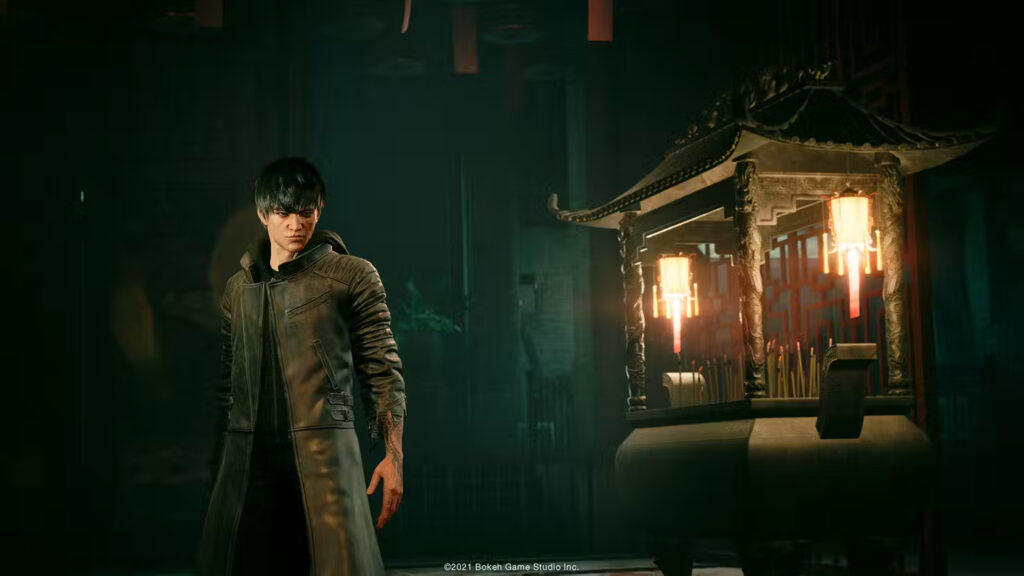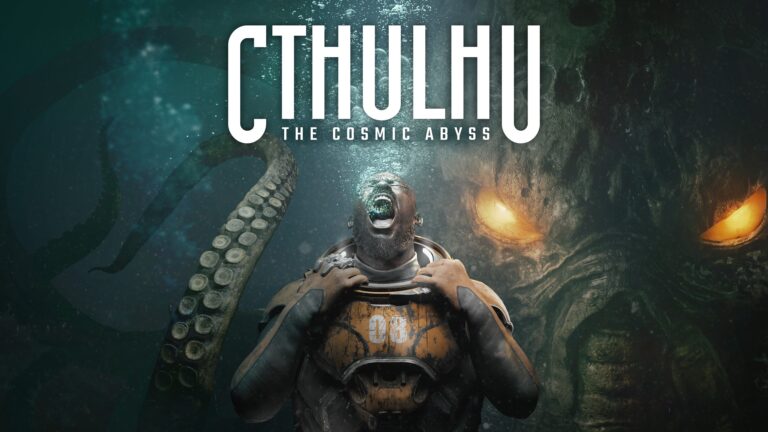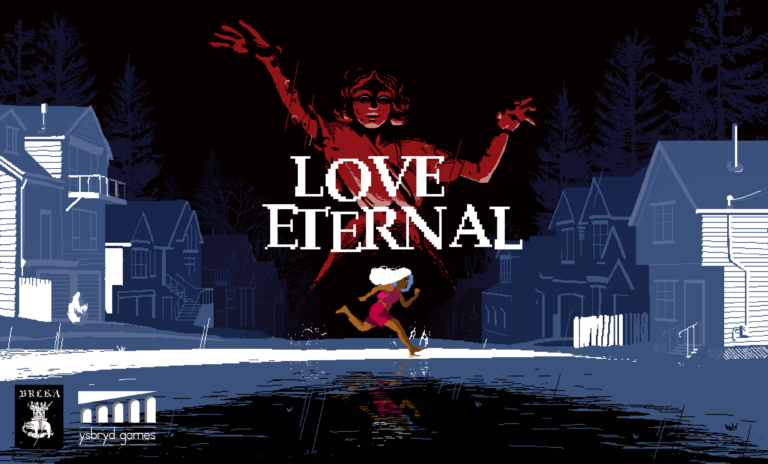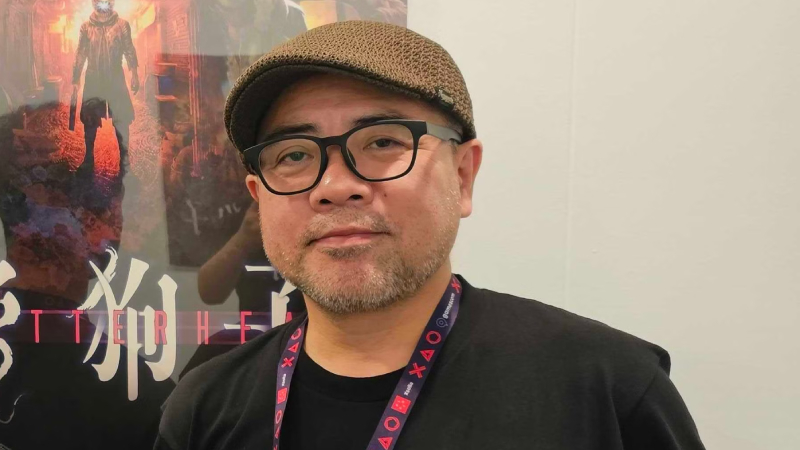 In a recent interview with The Gamer at Gamescom, Silent Hill creator and director of the upcoming title Slitterhead, Keiichiro Toyama, spoke about his new horror action-adventure game and going back to his roots of creating horror.
In a recent interview with The Gamer at Gamescom, Silent Hill creator and director of the upcoming title Slitterhead, Keiichiro Toyama, spoke about his new horror action-adventure game and going back to his roots of creating horror.
Developed as Bokeh Game Studio’s debut title, Slitterhead is a battle-action-adventure game set in the densely cluttered streets of Kowlong. Filled with obscurity and chaos, the title casts players as the “Hyoki,” an entity devoid of memory and physical form. His only motive is to eradicate the monstrous beings known as “Slitterheads” crawling around the city, disguising themselves as humans. Roaming the vibrant neon-lit cityscape, Hyoki must seek out allies among humans known as “Rarities,” infiltrate and track dangerous organizations, and engage in battles harnessing the power of blood. As the suspenseful drama unfolds, delve into the mystery behind Hyoki’s existence and the appearance of the Slitterheads.
A Fresh Approach
While Toyama is happy about how the game is turning out, he’s also a little doubtful about how it could be received:
A lot of people are confused about the game at this point. They don’t really know what it’s about. [Some players say] ‘we don’t get it’.
Toyama has always been searching for fresh new ways to surprise players, from the first Silent Hill and Siren to the more recent Gravity Rush series.
I wanted to get back to my roots of creating horror and having horror themes in the game. I don’t want to reimagine something I have already done. One of the main motives for the game is Japanese manga, more specifically Seinen [a type of manga aimed at adults]. They have horror themes and tough topics, but the characters in these works tend to have different abilities and skills, and unnatural powers that they can use.
In the game, players will come across a variety of characters with unique powers, creating a fresh experience. Toyama spoke about the importance of crafting a background for the protagonist, the anonymous spirit, saying:
If you want to have the players relate to the story, you need them to relate to the characters in the story. In Silent Hill, the father’s daughter is missing and he goes looking for her. No one can not relate to that.
A Different Kind of Town
Toyama tries to apply this basic design principle to everything he creates and believes that creating relatable characters is crucial in game design. He tries to find “a gimmick where [the player] feel relatable and can portray themselves onto the characters.” In Slitterhead, the game director believes that having an amnesic spirit as the protagonist is “the ultimate example” of this philosophy as it allows players to simultaneously uncover more about the character and the game world.
He also spoke about the design of the fictional Asian city the game is set in:
A lot of this [setting] is based on nostalgia and a feeling of loneliness. I travel to a lot of cities and some parts of East Asia have changed drastically over the years. From the 90’s to the 2000’s and 2010s, the cities have become modernized, and some [of their original] aspects have disappeared. So I had a personal feeling, a longing. I missed those kinds of cities and how chaotic and busy they were.
The influence of Toyama’s youth and childhood fears also played a part in the game’s design, he explained:
When you grow up… you can’t really separate reality from fantasy. I guess the thing that I’m particularly afraid of is that I’m still not familiar with the difference between the real world and fiction. When I was growing up in the 70’s in Japan, there was a lot of folklore through television. And you know, basically, they’re bullsh*t. But there was a trend with these shows and what they said. They told scary tales and there were a lot of ghost stories at that period. Those made me really scared and I couldn’t sleep at night.
What Do You Fear?
Whether exploring the supernatural, or the dark underbelly of the human experience, Toyama’s focus shares a common thread:
I feel that the horror genre is quite different from other mediums because the aspect of fear is very particular, and [it has] the feeling that you don’t want to be close to [something terrifying] or you don’t want to look at it, but you end up going back and trying to have a look. That aspect has been with me since I was a child. I think it stands out for horror and compared to other genres, it moves your feelings a lot.
I’m more drawn to the psychological fear of the unknown, how you’re afraid of [it] and something just completely out of your imagination happens right in front of you. I want to convey this through my games, especially in the horror genre. I guess that kind of fear is more impactful than just being afraid of being hunted or being murdered.
Most importantly, he emphasized that:
I have always wanted to bring games that [stay] in your memory for a long time. Hopefully, that has worked.
Toyama wrapped up the interview by saying he wants players to “feel confident” about Slitterhead, stating:
This is something completely different, like every game I’ve made. I want my fans to feel safe in a way, or insecure in a good way. I hope they have a good time playing it, and I’m quite comfortable with the end product.
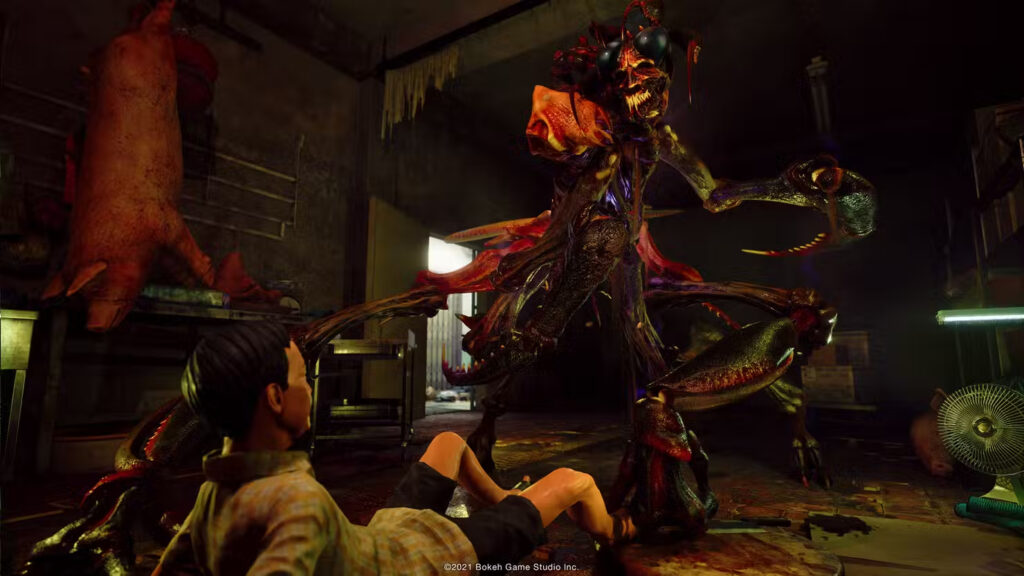 Slitterhead will be available digitally for $49.99, as well as physically in the form of a PS5 Day 1 Edition in North America distributed by XSEED Games and Amazon for $59.99. This version includes a physical copy of the game, a CD of original songs from the game composed by Akira Yamaoka, an artbook with over 100 pages filled with gruesome details, and a sticker sheet, all housed within a custom outer box.
Slitterhead will be available digitally for $49.99, as well as physically in the form of a PS5 Day 1 Edition in North America distributed by XSEED Games and Amazon for $59.99. This version includes a physical copy of the game, a CD of original songs from the game composed by Akira Yamaoka, an artbook with over 100 pages filled with gruesome details, and a sticker sheet, all housed within a custom outer box.
Slitterhead releases on Nov. 8th for Windows PC, Xbox Series X|S, PS4, and PS5. For more info, you can visit Bokeh Game Studio’s official website here. You can also follow them on social media on X, Facebook, Instagram, and YouTube.
Special thanks to The Gamer for this fantastic interview! You can read the full interview here.

